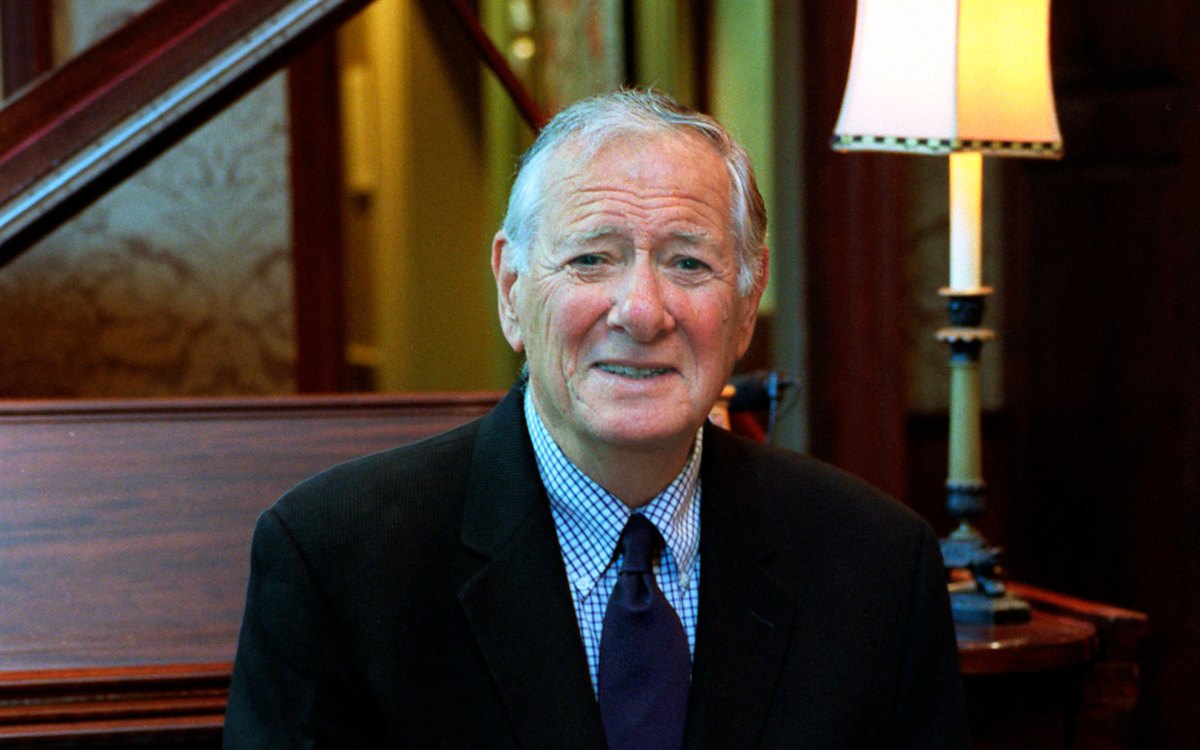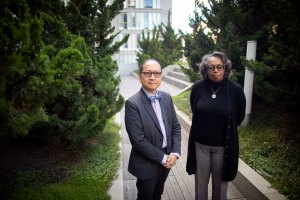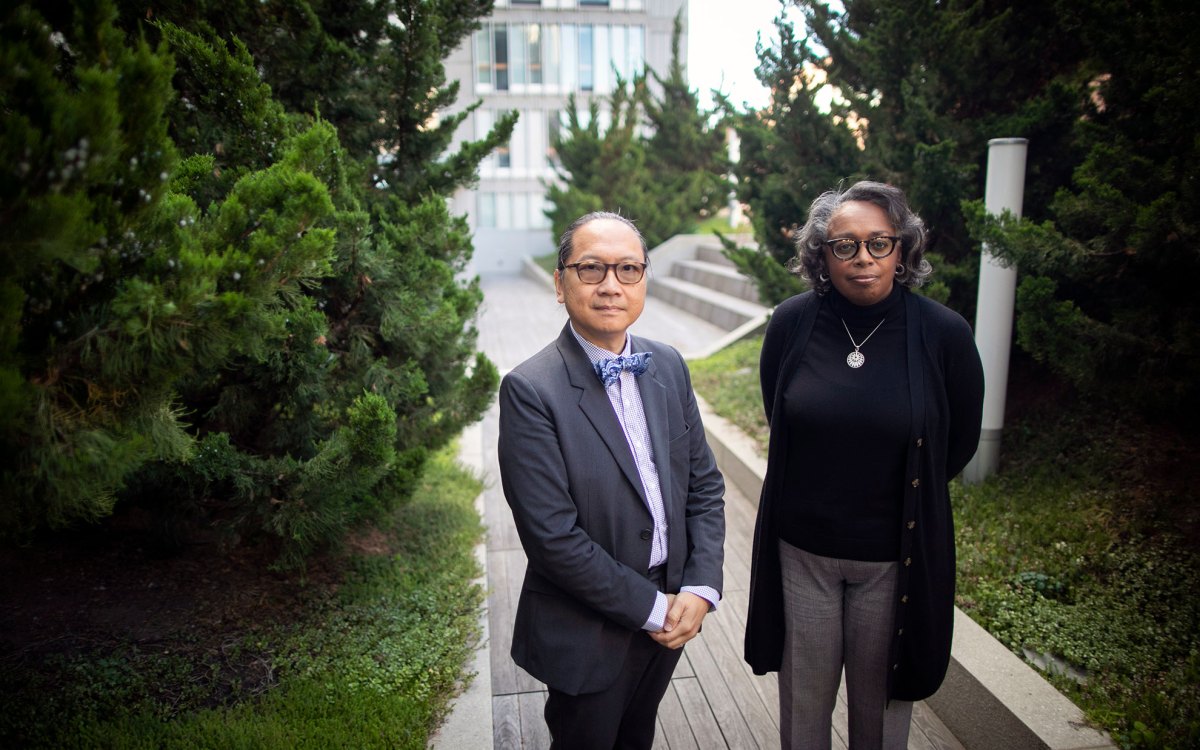Carpio, Frank are named Abramson winners for excellence in teaching
Glenda Carpio, assistant professor of African and African-American studies and of English and American literature and language, and Alison Frank, assistant professor of history, are this year’s winners of the Roslyn Abramson Award, given to junior faculty for excellence in undergraduate teaching.
The award is given each spring to “a faculty member in the Faculty of Arts and Sciences in recognition of his or her excellence and sensitivity in teaching undergraduates.” It is accompanied by a grant that can be used for either summer salary or research.
“Glenda Carpio and Alison Frank energize their classes with the enthusiasm they bear for their subjects and their particularized attention to the needs and interests of their students,” says David Pilbeam, Henry Ford II Professor of Human Evolution and interim dean of the Faculty of Arts and Sciences. “They model a rigorous intellectual engagement, helping undergraduates develop critical thinking skills that will last beyond Harvard. I congratulate these two exceptional teachers on the Abramson Award.”
Carpio and Frank both say that they view teaching at Harvard as a rare privilege.
“I get excited thinking of the group of bright, curious, and intensely engaged students that I will meet,” Carpio says. “And often, when class is over, I wonder at the luxury of having spent an hour with such bright minds.”
“It is a phenomenal privilege to be able to talk to curious, intelligent, enthusiastic people all day — whether they are students or faculty,” Frank said. “On a daily basis, teaching well is its own reward.”
‘Learn their passions and goals.’
“I feel quite honored to receive this award,” Carpio says. “My life has been significantly shaped by the great teachers that I have been fortunate to know.”
Carpio has been teaching since she left college. She began in Compton, Calif., working in the Teach for America program, and continues to use the skills she acquired there. Assessing the needs of particular students, she adapts her approach to engage students at a profound level.
“While I work hard to master the subjects I teach, I do not present myself as a commanding authority in the classroom,” she says. “Rather, I share my passion for what I teach and … try to connect with students on an individual level — to learn their passions and goals.”
In balancing teaching with research, Carpio says she works almost around the clock, but values her free time and uses it to the fullest.
“I often stay up late working,” she says, “but I also use my sabbatical quite strictly, hiding in the New York Public Library, where no one can find me. Then, I resurface, having read a lot, and am ready to teach again.”
Distinguishing ‘important’ from ‘decorative’
Frank says she was “shocked and pleased beyond measure” to learn that she had received the Roslyn Abramson Award.
“At the same time, though, I feel very, very lucky to have been singled out for distinction when I know how many other members of the faculty are equally deserving,” she says.
In teaching history, Frank emphasizes the importance of critical and abstract thinking over facile analogies and parallels.
“I try not to find the only justification for my classes in the way that they directly relate to current events,” she says. “What makes history interesting to me is how it forces us to think about what constitutes reliable evidence, how to distinguish between fact and interpretation, and how the questions we ask and the categories we use influence the answers we can find.”
In order to maintain a balance between teaching and research, Frank says she tries to find common ground between the two professional realms. While her courses and research may not always coincide, she says that they both rely on similar analytical skills.
“I recognize that I cannot always teach courses on exactly the same topic that is at the center of my research — but I can, through teaching, make sure I know how to distinguish what is important from what is decorative,” she says. “Even when the overlap is more methodological than thematic, it’s still constructive.”




